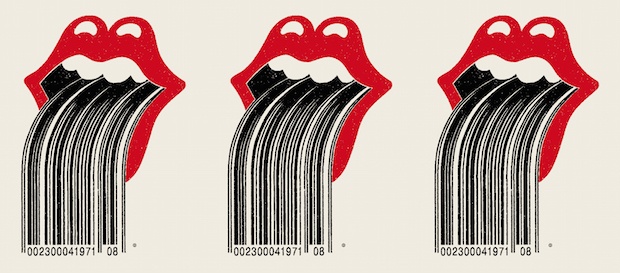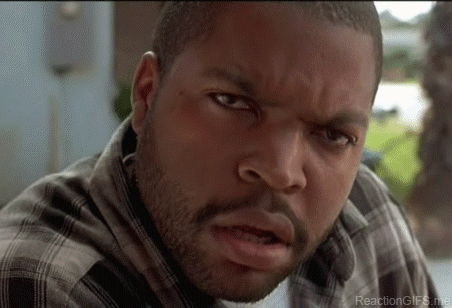 Image via Flickr
Image via Flickr
For generations of musicians and music lovers alike, “selling out” was the worst thing a musician could do. It was a stinging insult and verbal slap to the face. It meant that a band or an artist was more interested in pleasing the mainstream and making money than the art itself. Selling out to me always meant making music that was dishonest and endorsing products for the sake of it.
It was about a year ago that I caught a glimpse one of the most recognizable names in music, Ringo Starr, on television. But he wasn't on the screen for a performance or talking about his incredible music career. He was featured in a Sketchers commercial. What?
 Image via reactiongifs.me
Image via reactiongifs.me
I was genuinely surprised. Ringo is a living legend and continues to perform while maintaining his true self. On top of that, he's super cool and does his part in reaching out to the community. But a Sketchers commercial seems a bit... out of character? This moment got me thinking: is endorsing or representing a product considered selling out today? What does it really mean to "sell out"? Times have changed, and in 2016, the definition of selling out may hold a different meaning.
What does "selling out" mean?
The last thing any professional musician wants is to be labeled as a sellout. But what does that really mean? Does selling out refer to changing your sound? Does it mean appearing on television with an obvious script?
Well, thanks to our pal, Wikipedia, we can put down a solid answer:
"Selling out is a common idiomatic pejorative expression for the compromising of a person's integrity, morality, authenticity, or principles in exchange for personal gain, such as money."
In music, this can refer to musical identity and style in favor of commercial success. So in terms of these definitions, selling your music for success can fall under a negative image. Prior to the digital takeover in music, this held true for many musicians in the industry. Like many others, the Geto Boys openly rejected the idea of "commercial" success with their song "No Sellout." Similarly, on a 2004 Beastie Boys single, the lyrics "Ain't selling out to advertisers" blatantly reject the practice.
However, we've seen some major changes happening in the music industry over the past decade. The increase of piracy and the decrease in profits for musicians has caused a shift in what selling out means in the industry. Commercial success for musicians in the past may have meant changing their musical sounds and identities, but today, it may just mean a viable option for a paycheck.
Take, for example, the total badass babes that are Tegan and Sara. They made the decision to write a song for Oreo as a tactic for gaining some exposure – and they definitely got some. But their decision was thoughtfully put as "looking for a way to break the glass ceiling," commenting on the difficulty of earning a profit in the modern music industry. So, yes, for indie and under-the-radar artists, selling songs can get them to a place in the industry that allows them to gain recognition and earn a sizable check.
How does licensing work?
There are plenty of musicians who have embarked on the journey of selling songs to advertisers, shows, and sponsors, but does it really pay off?
Music supervisor for Full Pursuit Media, Gabe Hilfer, answers the question:
“The fee structure for something like that could go from $2,000-$3,000 to $10,000-$12,000, for an artist that is not typically well known, based on a whole variety of different factors.... It’s certainly is a way to expose people to new music, but I don’t think it’s a way that anyone can rely on getting paid the same way that they would have before on album sales."
And for some, doing just this is extremely positive. There's no doubt that licensing left a high mark on the careers of the bands that were featured in the early iPod commercials, or for Charli XCX, whose song "Boom Clap" was found on the soundtrack to the teen romance film The Fault in Our Stars. After its appearance on the soundtrack, her single went platinum.
Seller beware
However, there are instances when selling songs does not always mean earning checks. Producer RJD2 sold the publishing rights for the song that would have eventually become the theme to Mad Men. Do not pass go, do not collect royalties.
With the negative possibilities aside, artists today don't necessarily feel like selling their music commercially is the end all, be all – as long as they're maintaining their musical identity and integrity.
In today’s digital music world, selling and writing music for advertisements isn’t looked down upon. It’s a “do what you gotta do” industry for lesser known artists sans record labels. Sometimes, that means "selling out." However, artists today aren’t necessarily giving up their musical integrity and what they stand for as musicians; they're supplementing their income in a way that may not have been a necessity or a possibility in the past.
What do you think? Let's talk about it in the comments!
Rachel Bresnahan is an editorial intern at Sonicbids.







